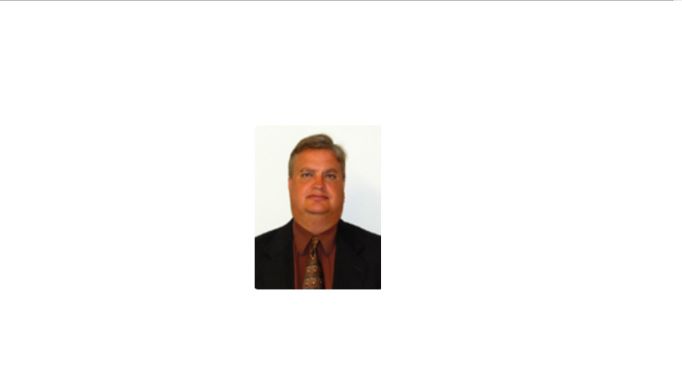Distribution Voltage Regulation Seminar - Parts 1 & 2
PES / IAS / LM Joint Meeting

NOTICE - This session will be paid for by the North Jersey Section PES as a courtesy to our members and prospective members during these challenging times of COVID-19. There will be no charge for participation and Continuing Education Unit credits.
This session is being offered as a GoToMeeting (details below).
The seminar will cover:
Distribution Voltage Regulation Series: Methods to Regulate the Voltage on the Distribution Grid
Introduction: This is a 10 - session presentation meant to assist engineers in designing the proper voltage regulation
architecture for the distribution grid. Each session takes approximately 45-50 minutes with a 10-15
minute period at the end for questions. The presentations should prove beneficial to technicians and
engineers responsible for distribution standards and design, distribution planning engineers, power
quality engineers as well as SCADA/ communications engineers. Below is a brief description of each
session.
Part 1) Why There Is Voltage Drop And The Apparatus That Addresses It
This session covers industry standards on the quality of voltage provided to the customer, why the
voltage changes throughout the day and what devices can be applied to correct for voltage deviations.
The session introduces the concepts of real and reactive impedances, X/R ratios and voltage drops
across the primary and secondary distribution systems. It then covers LTCs, regulators, fixed capacitor
banks and switched capacitor banks.
Part 2) General Theory of Coordination of Voltage Regulation
This session discusses how to start the voltage regulation process with switched capacitor banks and
how to coordinate the switched capacitor banks with line regulators and the substation bus regulation in
order to flip the voltage profile of the circuit. Let unregulated, the normal voltage profile of the circuit
has the highest voltage at the substation and the lowest voltage at the end-of-the-line. A properly
designed circuit should have the highest voltage near the EOL with the lowest voltage at the substation
and this is referred to as flipping the circuit.
Date and Time
Location
Hosts
Registration
-
 Add Event to Calendar
Add Event to Calendar
Loading virtual attendance info...
Speakers
 Bob McFetridge of Beckwith Electric
Bob McFetridge of Beckwith Electric
Distribution Voltage Regulation Seminar
Biography:
Bob McFetridge has over 30 years experience serving the electric utility industry. He started his career with Dominion Energy and Southern Company in the areas of SCADA and substation commissioning and testing. Bob then transitioned to the work with several vendors in the areas of substation automation, distribution automation, power quality, system protection and for the last 10 12 years has specialized in the area of distribution voltage regulation. For the last 5 years he has focused on how the addition of distribution connected solar and wind impacts power quality and voltage regulation. Bob is currently a Applications Engineer for Beckwith Electric (a Hubbell Utility Automation Solutions company) supporting the Northeastern US and Canada.
Email:
Address:United States
Agenda
Two hours of instruction will be provided.
This session is being offered as a GoToMeeting:
https://global.gotomeeting.com/join/640780285
You must register through VTools in advance in order to receive your CEU Certificate. PLEASE NOTE: Your certificate will go to the email address you use to register through VTools and will have your name exactly as you enter it when registering. It will come from “IEEE Certificate <eab-ceuadmin@ieee.org>” Please make sure this address is in your safe senders list. If you have any problems with receipt of your CEU Certificates, please contact eab-ceuadmin@ieee.org
Please check your GoToMeeting connection in advance as there will be no support available.
All invited - please post.

